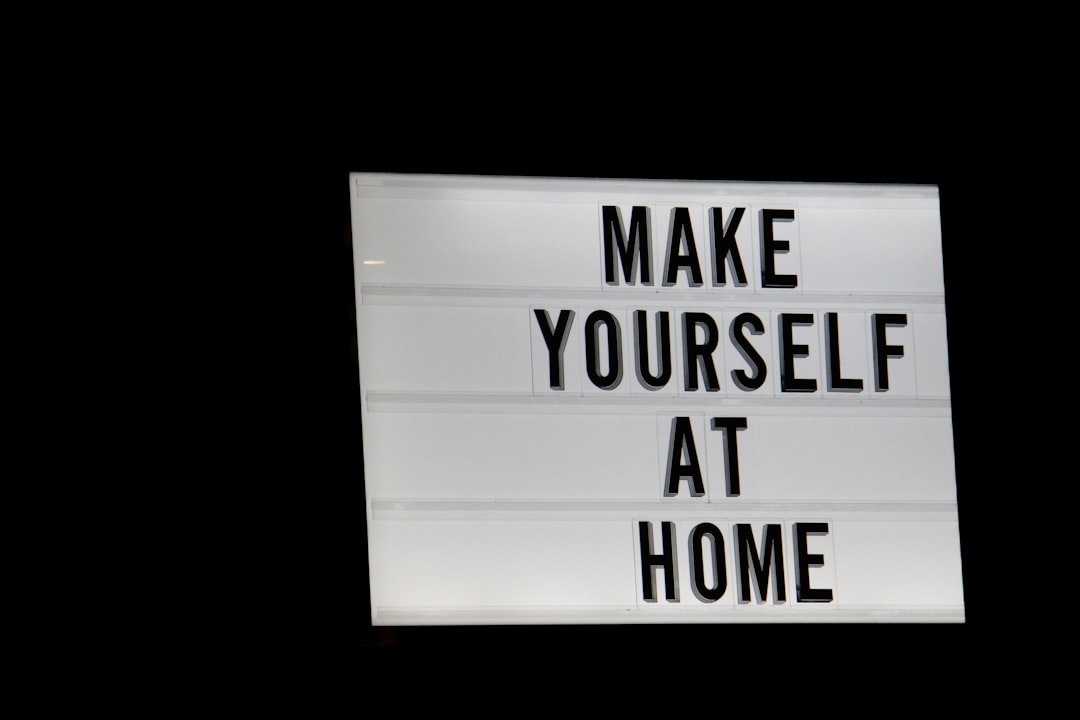Craft Tip
Be a ______ in your ______
Be a ______ in your ______. If I were to fill out this sentence for myself, it would read: Be a poet in your prose.
If you were to fill out this sentence for yourself, maybe it would read: Be a playwright in your essays. Or: Be a short story writer in your novels.
As I wrote in my last post, I consider poetry my home genre. I’m a poet, first and foremost, and I write prose as a poet. I used to have some feelings of inadequacy around that. I was stepping onto someone else’s territory, stepping into someone else’s home, and surely I’d be spotted as an interloper!
I hope you don’t see your “home genre,” if you feel you have one, as a limitation. I hope you don’t feel like an “interloper” when you experiment with other forms.
For me, one of the best cures for that feeling of interloping is reading books you love by writers who have crossed the genre divide, and witnessing the ways they carry their skillset and particular magic with them. (I’m looking at you, Sarah Manguso, Sabrina Orah Mark, Doireann Ní Ghríofa, Maggie Nelson, Idra Novey, and Sarah Ruhl.)
When I’m working in paragraphs instead of stanzas, I still lean on the techniques I use in poems. One way to think about this might be, “Play by poetry’s rules.” But what rules? So let’s go with this: “Play by poetry’s possibilities.” To me, this means looking for opportunities to bring more music and metaphor into a piece of prose, regardless of length.
To be a poet in your prose, look for places where you can bring more music into the sentences, using repetition, anaphora, assonance, consonance, and alliteration. Read the sentences aloud, listening for rough spots, those splinters that can be sanded down, and looking for opportunities for more sound play. (In “Ghost Story,” the essay I shared earlier this week, the verb phrase “comes to collect them” has more music, thanks to the alliteration of the hard K sounds and the assonance of the short E, than “comes to pick them up” would, for example.)
Look for places, too, to create a breadcrumb trail of image and metaphor. If early on in your piece you use the metaphor of a river, for example, look for other opportunities to draw on that imagery and extend the metaphor. What words or ideas might you use later? Current, meander, bank, bend, and so on.
Repetition, particularly in threes, is inherently satisfying. We learned to look for it in childhood, thanks in large part to traditional fairy tales. And to use the language of fairy tales, seeing similar phrases and images thread through a piece of writing is like following a breadcrumb trail. There’s a pleasurable flash of recognition each time we encounter one of these metaphorical crumbs.
Then push it further: marry form and content by considering sounds and rhythms that might embody the imagery you’re using. If your extended metaphor is a river, you might choose long, meandering sentences with plenty of commas instead of short, declarative sentences. You might lean toward soft, languid consonants (S, SH, L, M) as opposed to hard, staccato ones (K, T).
My two cents: You’re going to do your best writing as yourself, by carrying your skillset and particular magic into whatever your write, regardless of genre. So come on in. Bring your stuff. Make yourself at home.
Happy writing—
Maggie



Thank you for this! There's some part of me inside that is a potential poet, but it never crystalizes on the page. And I've found, just recently, that if I start with an idea in the form of a rough-and-tumble poetry draft, it gives me something to unfold into prose, with the heart already present...if that makes sense (?). I look forward to reading the work of the writers you reference.
I am a playwright who's just discovered the worlds of short "friction" and essay. Oh, to be a poet in my prose! What I would give, as I reach for that ideal. I tend toward the metaphor of a painting, "shading in" the poetry, after the line-drawing of the story has been drawn, softening the edges, deepening the shadows, perhaps. And thank you for mentioning Sarah Ruhl, I just returned from her gorgeous and achingly funny play, Letters From Max--a Ritual in NY.